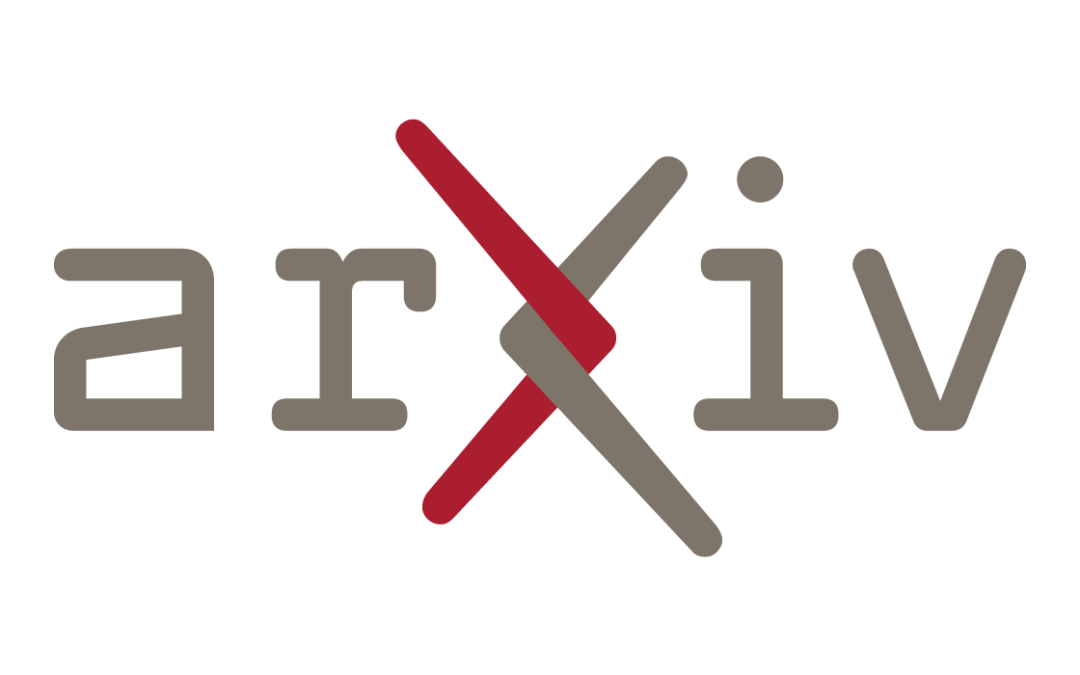Machine learning models are widely used for making predictions and deriving insights from data. However, to ensure user privacy, it is essential to enable these models to forget some of the information they have learned about a specific user. This process, known as machine unlearning, is particularly important for causal inference tasks.
This paper introduces the concept of machine unlearning for causal inference, focusing on propensity score matching and treatment effect estimation. The goal is to refine and improve the performance of machine learning models for causal analysis while adhering to the unlearning requirements.
The paper proposes a methodology for machine unlearning using a neural network-based propensity score model. The Lalonde dataset, commonly used to evaluate the effectiveness of job training programs, is employed in the study. The methodology involves training an initial propensity score model on the original dataset and creating forget sets by selectively removing instances and matched instance pairs based on propensity score matching.
These forget sets are then used to evaluate the retrained model, allowing for the elimination of unwanted associations. The actual retraining of the model is performed using the retain set. The experimental results demonstrate the effectiveness of the machine unlearning approach, and distribution and histogram analysis of propensity scores before and after unlearning provide insights into the impact of the unlearning process on the data.
This study is the first attempt to apply machine unlearning techniques to causal inference, highlighting its potential in refining machine learning models for causal analysis.

